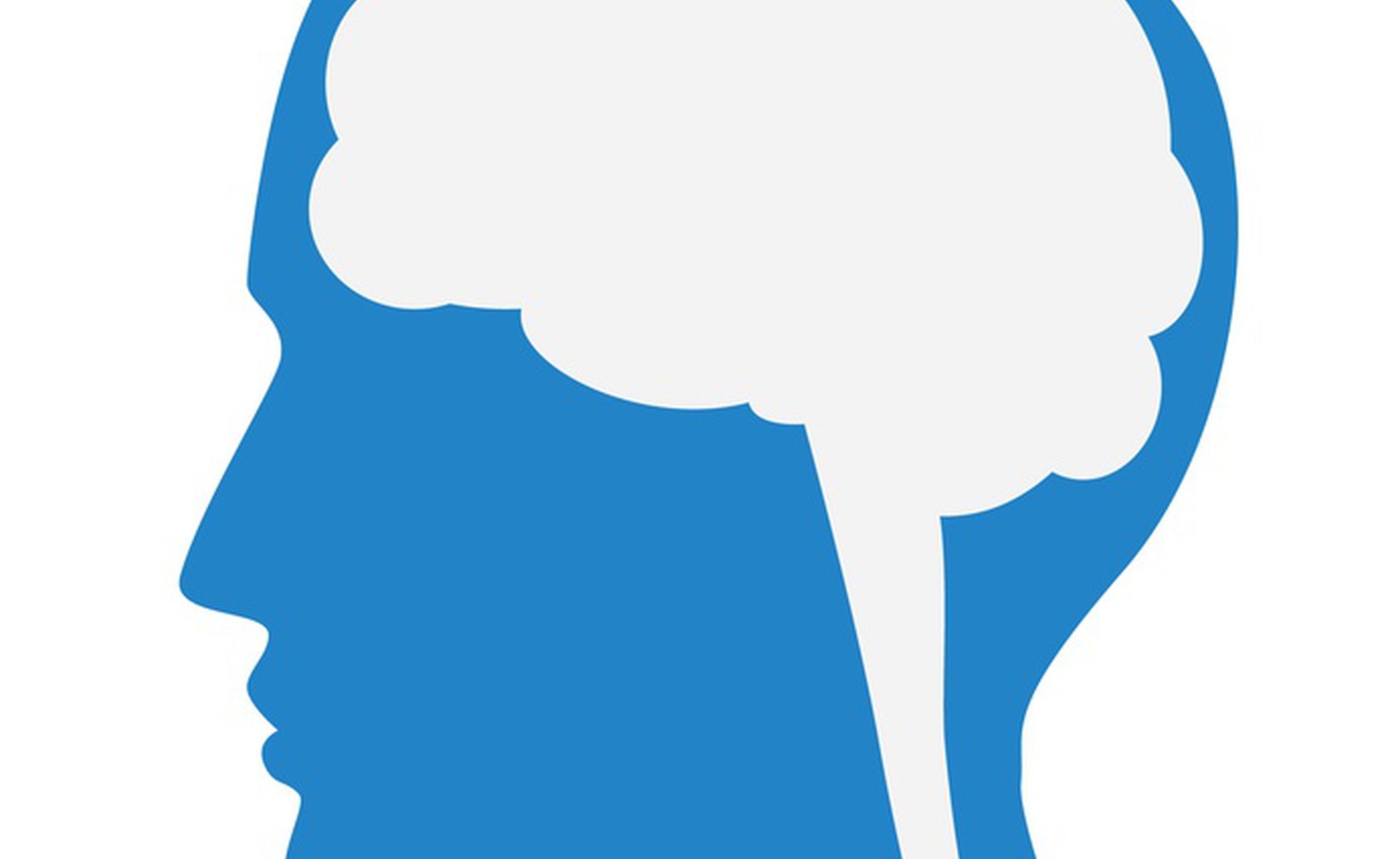AoEC are running in parnership with the Foundation for Recovery and Wellness Coaching International (FRC) the Executive Coaching and Health: Coaching Skills for Wellness, Recovery & Performance programme.
The Brain is our Executive Control Centre but Relies Completely on the Body in which it Lives for its Physical Survival and Wellbeing
23rd January by Anthony Eldridge-Rogers
Reading time 3 minutes

In the article Why being interested in health, recovery and wellness is a game changer for executive coaching we established that Executive coaching is about changing the brain. If we accept this premise then where does that lead us?
The brain is our executive control centre but relies completely on the body in which it lives for it’s physical survival and wellbeing.
As the brain is dependent on the rest of the body as well as controlling it then it’s overall condition is dependent on the functioning of the systems of the body that supplies the brain's vital resources. Locked together in this interdependence it is variously supported or thwarted in its functioning as it receives the uplift of some behaviours and life circumstances and the challenge (and damage) of others. We know that illness and disease threaten the body and brain's survival which is why we fear such conditions. In the absence of a health crisis many people tend to take the optimal functioning of our body - brain partnership somewhat for granted. We are aware that general overall health is important but the correlation with the functioning of our brain is often overlooked.
Multi dimensional approach
All inputs such as food (nutrition), exercise, water and sleep constantly influence the functioning of the body and brain. In addition, thinking patterns and attitudes also have a physiological effect especially when it comes to stress. Close relationships also impact on the body and brain as does sexuality and pleasure. As long as we are alive this relationship between all these influences on us are relevant to our experience of ourselves.
Over the last thirty years as I worked with people who were dealing with behavioural related health challenges we documented that clients who could get their thinking and awareness around all of their lives, all the different dimensions, were more successful in sustaining change. Better understanding of how their brains responded to factors such as environment, food, sleep and relationships provided faster changes in resilience and the ability to develop feedback loops that fostered self learning. New behaviours and the ability to choose them over previous ones emerged and this was evidence of the brain re-mapping itself.
The driver behind much of this change was a desire to avoid current or future suffering. Whatever the driver was though the principals are the same. A person can develop self awareness across the whole of their lives in order to bring about change in their brains and their behaviour including their thinking.
This multi dimensional approach is of course supported by current approaches to wellness. Wellness is presented as a set of dimensions, some of which vary but which support the awareness that we are multidimensional beings with intersecting, interlinked drivers of health.
Change
These principles are relevant and universal to all states of desired change. A person who is looking to improve their leadership behaviours is going to have a slightly changed brain over time if they are successful. So does someone who, say, has an alcohol dependency problem that is threatening their health and ability to thrive. If they wish to change their behaviour around their relationship to using alcohol they will be changing their brain too. Certainly the differences are ones of emphasis and motivation but the principles are the same. So, whilst people with health challenges have a powerful motivation to engage with recovery to wellness processes the inclusive multi dimensional approach we are exploring here, i.e including all aspects of a person's life, applies whatever the context and change objective.
From a coaching perspective then the question is this. If we are engaged in assisting our clients to change their behaviours and so their brains we want to ask ourselves whether having our clients include all aspects of their lives and behaviours within their change objective is more likely to support that change. I would argue firmly, yes.
Previous article in series Definitions of words in the Executive Coaching and Health programme
Interview
Practitioner Diploma / “I wanted to extend my professional network outside of the education sector”
22nd April 2024 by Lee Robertson
Sam Jayasuriya is an accredited PCC coach and Somatic coach endorsed by the ICF and a certified mBit Coach, NLP…
Article
The Resilience Fundamentals: Excerpt from The Resilience Dynamic®
23rd January 2024 by Jenny Campbell
The fundamentals of resilience are not simplistic, but they are simple and deep. The Resilience Engine research shows three Top…
Article
Why personal resilience matters as a coach
17th December 2023 by Jenny Campbell
As an external or internal coach, does your personal resilience matter to your clients? Maybe you think it shouldn’t, especially…